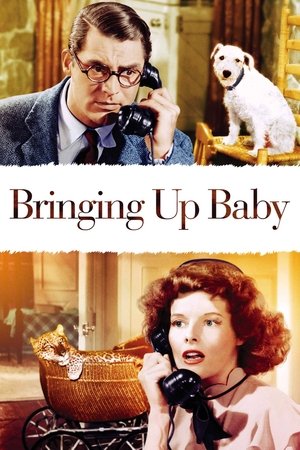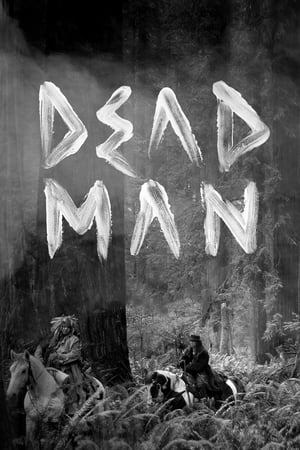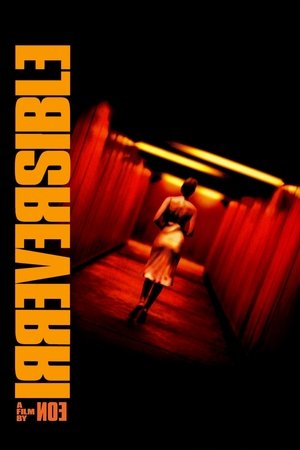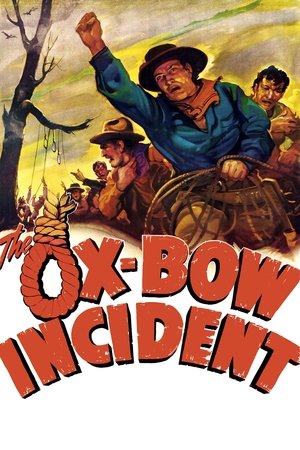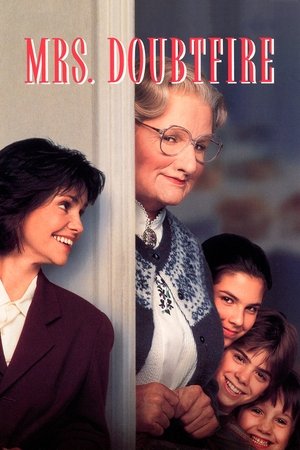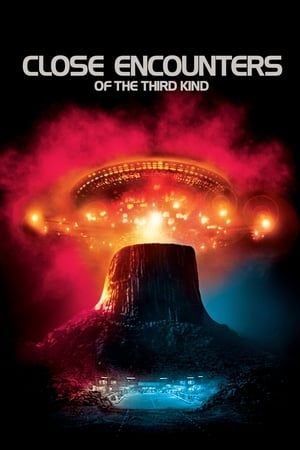Written and directed by Francis Lee, Ammonite is a romantic drama movie inspired by the life of Mary Anning, a British paleontologist.
The famous 19th-century British paleontologist Mary Anning (Kate Winslet), who lives on the brink of poverty in a seaside town, meets a young London lady Charlotte, who came for treatment after a tragedy. A scandalous and doomed romance develops between women from different worlds.
The academic community tells legends about the revered British specialist on fossils, at the same time ignoring her work, assigning it to museums, and then to individual men. Because of this, the woman has to make a living with shell symbols for naive tourists.
Mary is exceptionally cagey. Intuitively, the viewer guesses that the impossibility of self-realization, a break in a relationship, longing for illusory happiness preceded such asceticism.
Young Charlotte (Saoirse Ronan) also looks like a kind of exhibit. At first, the heroines do not communicate at all, but then become closer because of the sudden illness. The relationship between two women is disconnected here not because of social connotation (they are not here intentionally), but because of the lack of the female gaze.
At the end of Ammonite, the heroines compare themselves to "a bird in a gilded cage." In general, the movie itself is the same. Having framed itself with clichés, this "premium" drama is too fussy and excessively ambitious.

 118 min
118 min
 6.921
6.921
 2020
2020
 United Kingdom
United Kingdom
 SWITCH. wrote:
SWITCH. wrote:



